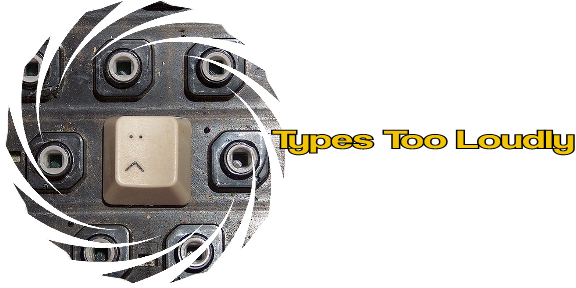2-9 Freewrite
"More than any other single invention, writing has transformed human consciousness" (pg 78). What does Ong mean by this statement? Provide an example of another significant invention that has transformed human consciousness, and evaluate its impact in relation to that of writing.
In making this statement, Ong is refering to the fact that writing has allowed for thoughts to be expressed in a new and distinctly different way. Analytical "study" can take place as a result of writing and clear references can be made which are less subject to the memory of the individual. Writing, in itself can be considered an entirely separate (while not quite entirely but in part still human) form of consciousness.
One other such technology which has transformed human consciousness is the ability to record video. Like written works, video allows for direct reference rather than a reliance on memory. Unlike literature, however, video is able to convey many of those parts which are lost when an orator is taken out of the equation. Body language, changes in tone, differences in volume, reactions of the original audience of what was recorded, all of these things and more are among the context by which video can shape human consciousness that written works cannot.
Another technology which can further mold human consciousness is the medium of music. Music often allows the expression and recognition of strong emotional experiences while giving an individual more freedom of interpretation than perhaps video while often providing more guidance than written word. Although initially the assertion that something transforms human consciousness initially resonates with power and controversy, after a small amount of thought one comes to realize that most things shape human consciousness is one manner or another. Further, much of what is shaped depends largely on the person on the receiving end of the chosen medium.
Subscribe to:
Post Comments (Atom)


No comments:
Post a Comment